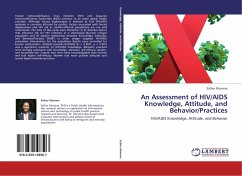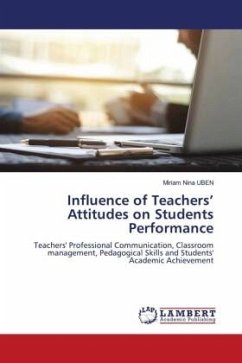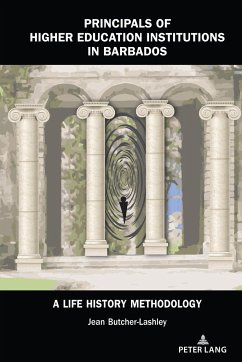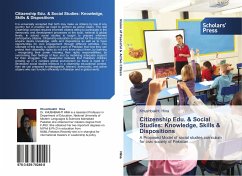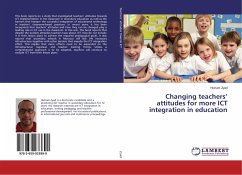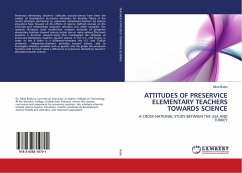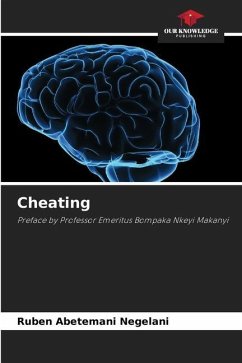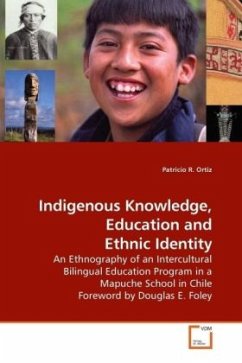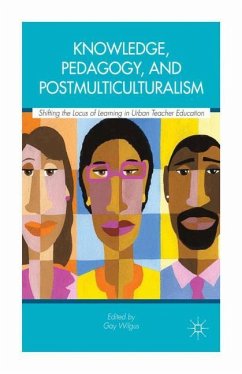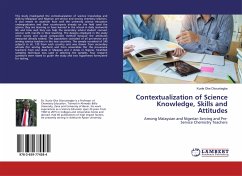
Contextualization of Science Knowledge, Skills and Attitudes
Among Malaysian and Nigerian Serving and Pre-Service Chemistry Teachers
Versandkostenfrei!
Versandfertig in 6-10 Tagen
27,99 €
inkl. MwSt.

PAYBACK Punkte
14 °P sammeln!
This study investigated the contextualization of science knowledge and skills by Malaysian and Nigerian pre-service and serving chemistry teachers. It was meant to ascertain how well the university science education undergraduates and their counterparts already on the field used the science they are learning or have learned in the school in daily real-world life and how well they can help the secondary school student connect science with real-life in their teaching. The designs employed in the study were survey and causal comparative method because the attributes measured already existed. The ...
This study investigated the contextualization of science knowledge and skills by Malaysian and Nigerian pre-service and serving chemistry teachers. It was meant to ascertain how well the university science education undergraduates and their counterparts already on the field used the science they are learning or have learned in the school in daily real-world life and how well they can help the secondary school student connect science with real-life in their teaching. The designs employed in the study were survey and causal comparative method because the attributes measured already existed. The population consisted of all pre-service and serving science teachers in the two countries. The sample consisted of 240 subjects in all, 120 from each country and was drawn from secondary schools (for serving teachers) and from universities (for the pre-service teachers) from one state in Malaysia and 2 states in Nigeria. Stratified sampling technique was used in selecting the samples. Four research questions were raised to guide the study and two hypotheses formulated for testing.



